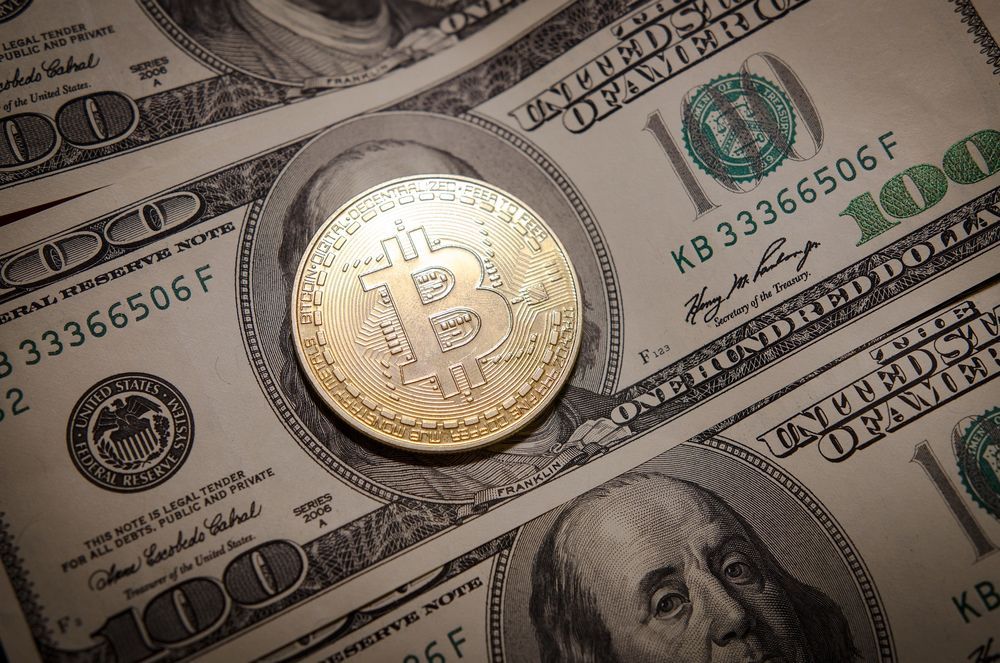Romance con artists say they’ll give you money and pay your bills in exchange for your affection, the BBB warns

Romance scammers are always improving their techniques to catch victims off guard. The latest fashion, according to the Better Business Bureau (BBB), is promising potential romantic partners money and other goods in exchange for their affection.
In a recent alert, the consumer-oriented organization says scammers are now offering to become your “sugar momma” or “sugar daddy” on dating platforms to con you out of money, with some victims even reporting losing up to $20,000.
How romance fraudsters steal your money
The BBB explains that victims are targeted on dating or social media apps who say that they will pay your bills or give you a “weekly allowance” of up to thousands of dollars for companionship.
After establishing contact with an interested victim, the scammers say they will send a check or transfer money that the person can keep in exchange for a small favor such as sending a small amount to a needy friend, donating to a fake charity, or paying for processing or transaction fees.
“The scammer sends you a check or pretends to transfer money into your bank account or a peer-to-peer payment service like Cash App, PayPal, or Apple Pay,” the BBB explains.
They tell you to keep most of the money as your “weekly allowance” – after you do them a small favor. The scammer asks you to transfer part of the cash to their needy friend, pay an outstanding bill, purchase a gift card, or even donate to a charity that ends up being fake. Some victims even report that the scammers are asking victims to pay them back for transaction or processing fees, sometimes with Bitcoin.
One victim who reported the fraud lost $19,500.
“I believed that these checks were legit and the funds were real,” the consumer told the BBB’s Scam Tracker portal. “I ended up just sending my own personal money to these contacts... Which ended up costing me $19,500.”
In other versions of the scam, trusting individuals said the scammer asked them to directly access their bank accounts alongside their Social Security number and ID to deposit their “weekly allowance.”
How can you protect your identity and money against this type of scam?
- Never wire or send money alongside personally identifiable information (ID, SSN, or other sensitive info) to individuals you meet online.
- Diligently research the individual you meet on online dating platforms or social media. Scammers create fake dating profiles using stolen photos belonging to other people on social media. Always conduct a reverse image search to check for any profiles that might have the same profile photos, and check the email, phone number and profile name (whenever possible).
- Be wary about receiving checks. Financial institutions can provide you with the funds from a check prior to any money being transferred into your account. Upon spending money from a fraudulent check, a bank can immediately ask you to reimburse the sum.
- Ask questions. Always inquire about details about the individual who contacts you. If it’s a scam profile, the fraudster may hesitate to answer.
- Use Bitdefender Scamio for a second opinion if you’re not sure if someone is trying to scam you online. You can chat with Scamio (our AI-powered scam detector) to check if a link, online proposal or QR code) is a scam.
- Use a digital identity protection tool to check what the internet knows about you and what type of information a romance scammer could use to defraud or impersonate you.
tags
Author
Alina is a history buff passionate about cybersecurity and anything sci-fi, advocating Bitdefender technologies and solutions. She spends most of her time between her two feline friends and traveling.
View all postsRight now Top posts
Few People Consider Themselves a Target for Cybercriminals, Bitdefender Study Shows
July 10, 2024
Uncovering IoT Vulnerabilities: Highlights from the Bitdefender - Netgear 2024 Threat Report
June 26, 2024
FOLLOW US ON SOCIAL MEDIA
You might also like
Bookmarks








